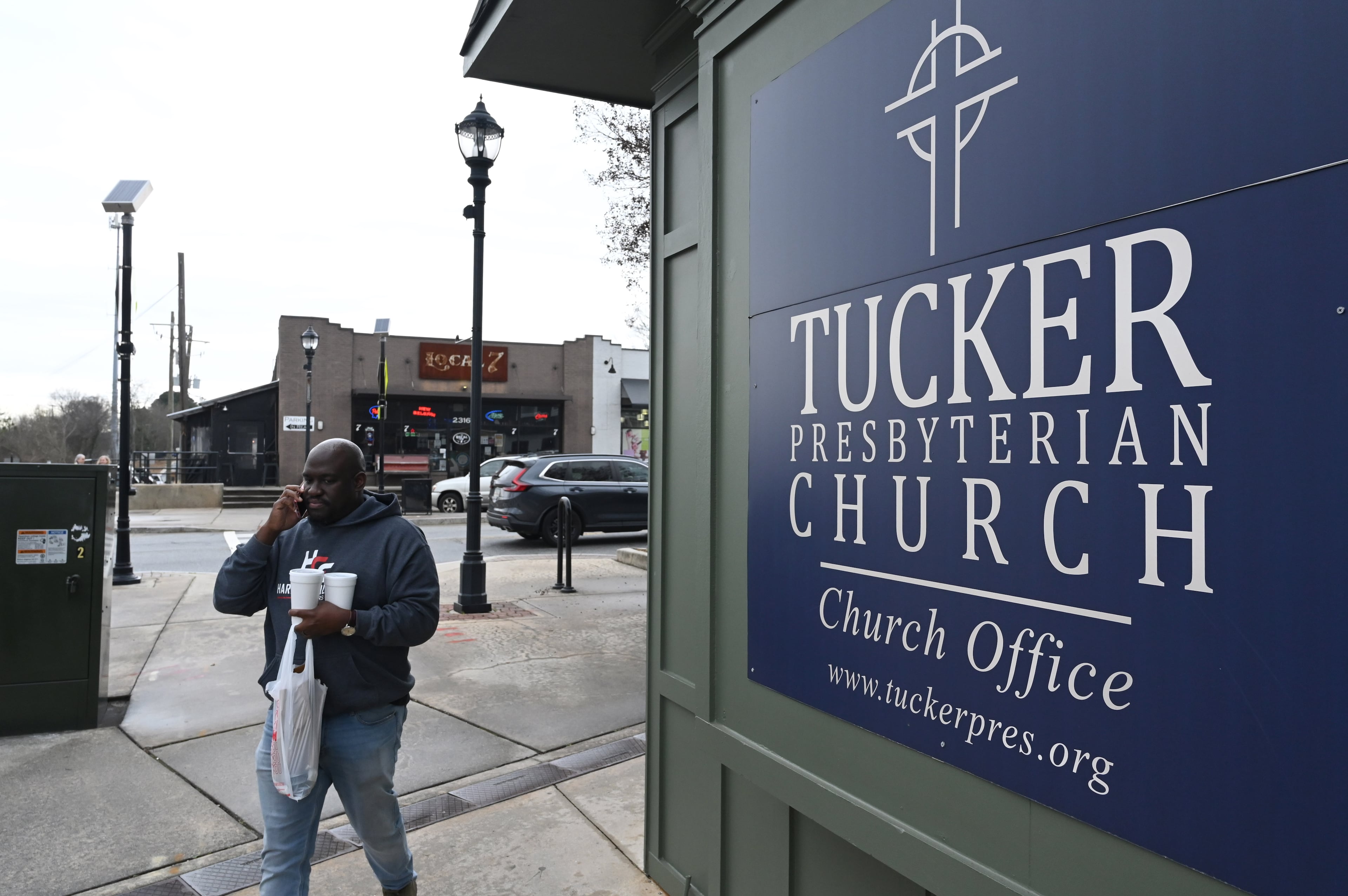Learn about Georgia’s 1732 founding on Feb. 11

The Georgia Archives February Lunch and Learn online presentation will be from noon-1 p.m. Feb. 11 by Atlanta Journal-Constitution genealogy columnist Kenneth H. Thomas Jr.
He will discuss “The Founding of Georgia, 1732-1734: How the Georgia Trustees vetted potential first settlers/colonists and recruited Londoners to settle on the Georgia frontier including using the newspapers to alert any creditors.”
This presentation is a new look at the founding of Georgia, using newspapers and parish records on Ancestry.com to determine where early settlers were from in England as well as re-evaluating the challenges they faced in moving from an urban environment to a total frontier.
For almost 45 years, Thomas has written the weekly genealogy column in the Sunday AJC as the longest-running genealogy column in the United States.
Thomas is a frequent lecturer on history and genealogy, especially on DNA testing for genealogical research.
An eighth generation Georgian, he is a native of Columbus and a graduate of Emory University.
Based in Morrow, the Georgia Archives is a unit of the Board of Regents of The University of Georgia.
Register: tinyurl.com/2p8j6kf8
Link: GeorgiaArchives.org


